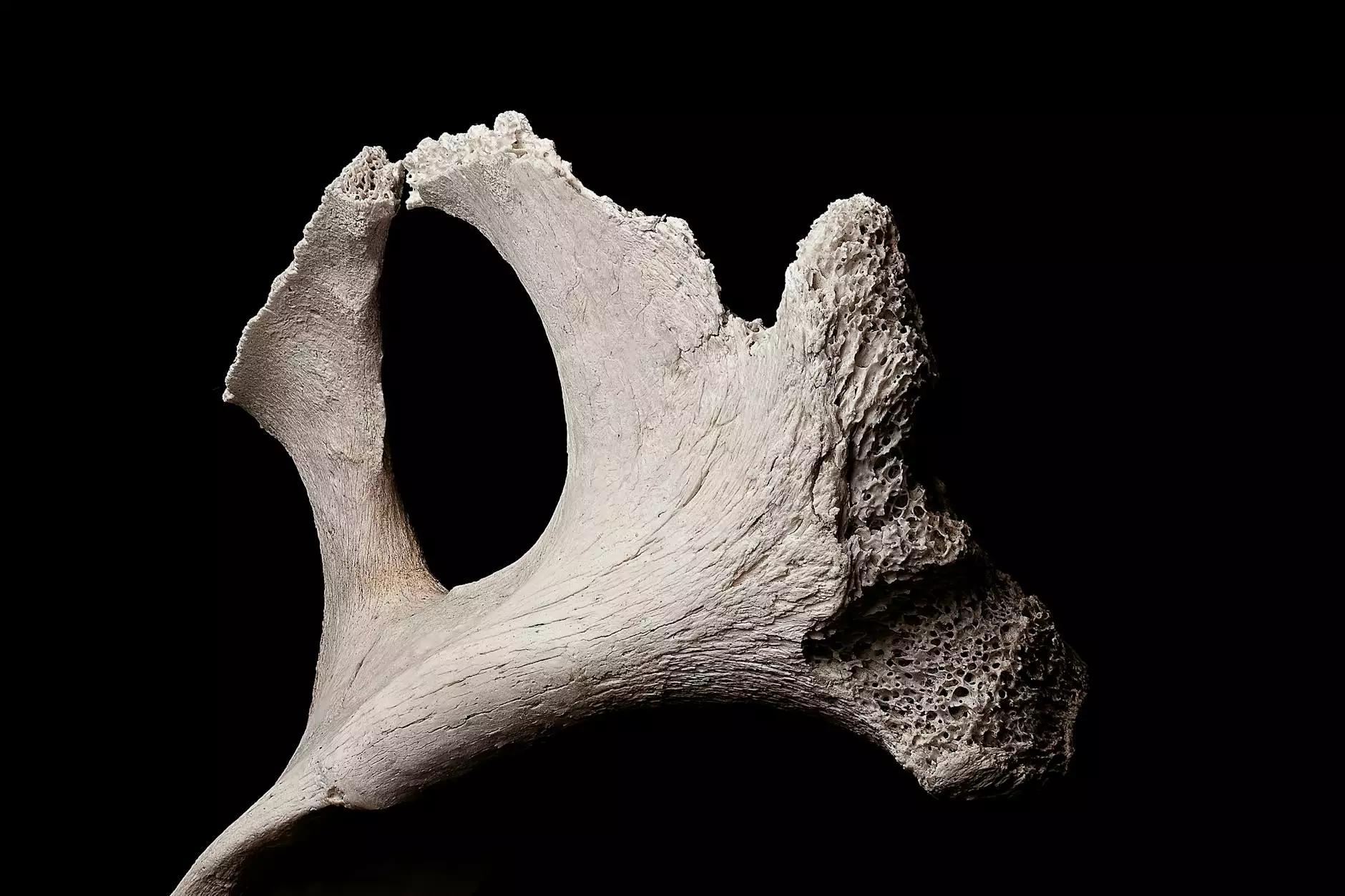The Black Death in Europe: A Dark Chapter in History

Introduction
The Black Death, also known as the Bubonic Plague, was one of the most devastating pandemics in human history. This article sheds light on the tragic events surrounding the Black Death in Europe during the 14th century. Evil Empire Blog, your go-to source for educational services, television stations, and public relations, provides comprehensive insight into this dark chapter of history.
Understanding the Black Death
The Black Death originated in Central Asia and spread to Europe through trade routes, carried by fleas infesting rats. This deadly disease quickly overwhelmed European cities, causing widespread panic and unimaginable devastation.
During the mid-14th century, Europe witnessed an outbreak of the Black Death that forever changed the course of history. It claimed the lives of millions, impacting every aspect of society, from economy to culture.
The Devastating Impact
The Black Death inflicted immense suffering on the affected populations. Its symptoms included swollen and painful lymph glands, fever, and the formation of blackened buboes on the body. Mortality rates were staggering, with an estimated 25-50% of the European population succumbing to this deadly disease.
As the plague ravaged through Europe, towns and cities were left in utter chaos. Burial grounds were overrun, and gravediggers struggled to keep up with the mounting death toll. Entire communities were left decimated, leading to social and economic collapse.
Impact on Society
The Black Death had profound consequences on European society. The loss of a significant portion of the population created a labor shortage, which led to increased wages for workers and a disruption of the feudal system. Societal structure began to change, paving the way for new opportunities and social mobility.
Furthermore, the fear and despair caused by the Black Death deeply impacted the religious beliefs of the time. Many turned to radical sects or indulged in hedonistic behaviors, while others sought solace in their faith, ultimately reshaping the religious landscape.
Economic Disruption
The plague brought trade and commerce to a grinding halt. Ports were closed, and travel restrictions were imposed, crippling the once-thriving European economy. Agricultural production suffered as the labor force dwindled, leading to food shortages and skyrocketing prices.
However, the long-term effects of the Black Death played a significant role in the subsequent economic recovery. It stimulated innovation, improved technological advancements, and ultimately paved the way for the Renaissance.
Legacy and Aftermath
The Black Death left an indelible mark on Europe, forever altering its trajectory. It reshaped societal structures, sowed the seeds of religious reformations, and left scars that still echo in history books today. The tragedy of the Black Death, while undeniably dark, also marked a turning point in human resilience and the pursuit of knowledge. It laid the groundwork for modern medicine and prompted measures to prevent future pandemics.
Conclusion
The Black Death in Europe stands as a haunting testament to the vulnerability of human civilization and the resilience of the human spirit. It reshaped the social, economic, and religious landscape, leaving an enduring impact on generations to come. Evil Empire Blog, your trusted educational service, television station, and public relations provider, offers this detailed exploration of the Black Death in Europe to shed light on this dark chapter in history. Stay tuned for future content that enlightens, educates, and entertains.









